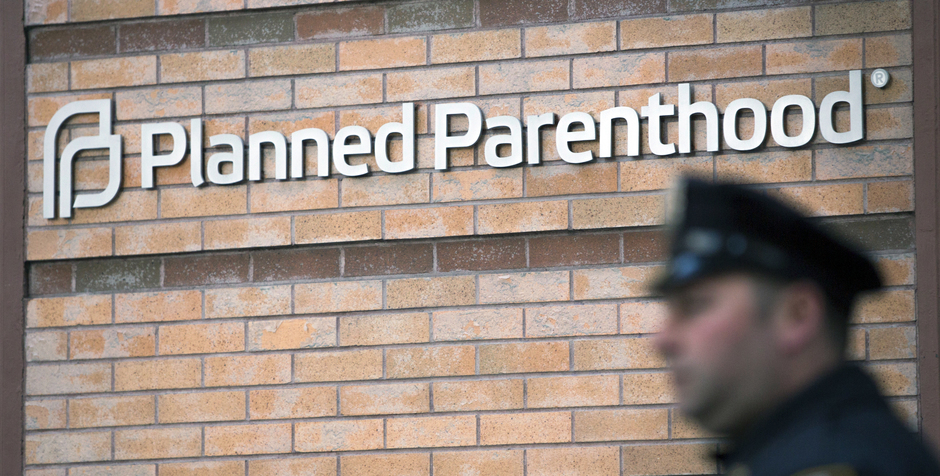Major Victory for Life and Free Speech in Federal Court as Law Struck Down as Unconstitutional
Yesterday, the ACLJ secured a major victory in the fight to protect free speech rights of our pro-life clients, and many others. Judge Rebecca Goodgame Ebinger, in the Southern District of Iowa issued her decision in Miano v. Miller, finding in favor of the Plaintiffs, ACLJ clients who advocate on behalf of the unborn outside Planned Parenthood and other abortion facilities in Iowa.
In this case, the ACLJ, on behalf of our clients, asked a federal court to find unconstitutional a state law that could lead – and has led – to their prosecution just for spreading a message of hope and peace outside abortion clinics. We filed the lawsuit in November 2018 against the Attorney General of Iowa and the Johnson County, Iowa, Attorney, and have kept you updated with its progress here and here.
Our clients conduct pro-life activities on the public sidewalks outside of abortion clinics – including Planned Parenthood – in Iowa, involving reading aloud from the Bible, open-air preaching, and speaking to individuals as they walk to and from the clinics. One of our clients has faced citation, prosecution, and conviction under the statute, and both clients continue to face threats of future prosecution for their pro-life speech activities.
The statute we challenged, Iowa Code § 723.4(2), made it a criminal misdemeanor to make “loud and raucous noise in the vicinity of any residence or public building which causes unreasonable distress to the occupants thereof.” We presented the Court with a significant request: to find unconstitutional and invalidate a statute enacted by the Iowa state legislature. The Court did exactly that.
In our trial brief and in our argument, we explained that commenting on matters of public concern, such as abortion, through the spoken word, prayer, and distribution of literature is speech that lies at the heart of the First Amendment and is given the greatest protection from government infringement on public sidewalks. The Court agreed, finding that the statute’s “defects are especially acute because § 723.4(2) regulates core First Amendment activity.”
Additionally, the Court agreed that the Plaintiffs had standing – had the right – to bring the case:
The facts in this case demonstrate Plaintiffs’ conduct is arguably prohibited by § 723.4(2) and Plaintiffs credibly fear prosecution for that conduct. . . . Moreover, Plaintiffs have decreased the frequency of their Bible readings and open-air preaching out of fear they will be arrested and prosecuted for violating § 723.4(2). Their decision to reduce the frequency of these activities is an objectively reasonable response to being warned their conduct violates the statute. That self-censorship is also sufficient to establish standing.
We argued that this Iowa law was unconstitutionally vague in violation of the Due Process Clause of the Fourteenth Amendment to the United States Constitution, and we asked the Court to declare it invalid. The Court’s decision was in full agreement:
On the merits, Iowa Code § 723.4(2) is unconstitutionally vague on its face because it subjects speakers to criminal punishment based on the reactions of third parties, while requiring no mens rea on the part of the speaker. It is also vague as applied because Defendants enforce the statute in a way that gives Plaintiffs insufficient notice of when their speech violates the statute. Thus, the Clerk of Court is directed to enter judgment in favor of Plaintiffs Anthony Miano and Nicholas Rolland on Count II with regards to Plaintiffs’ facial and as-applied vagueness challenges.
This is an important victory for our clients, for pro-life advocates and the unborn, and for free speech. Thank you for your prayers and support through the duration of this litigation. If you would like to request legal assistance from the ACLJ in a situation of your own, please contact us here.
